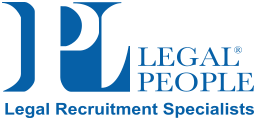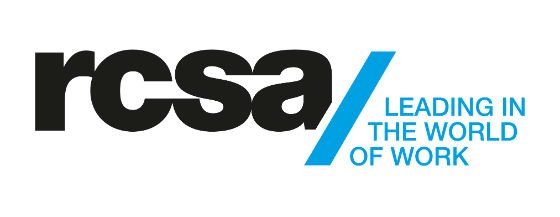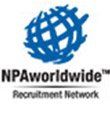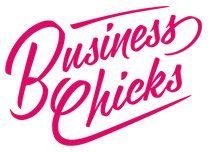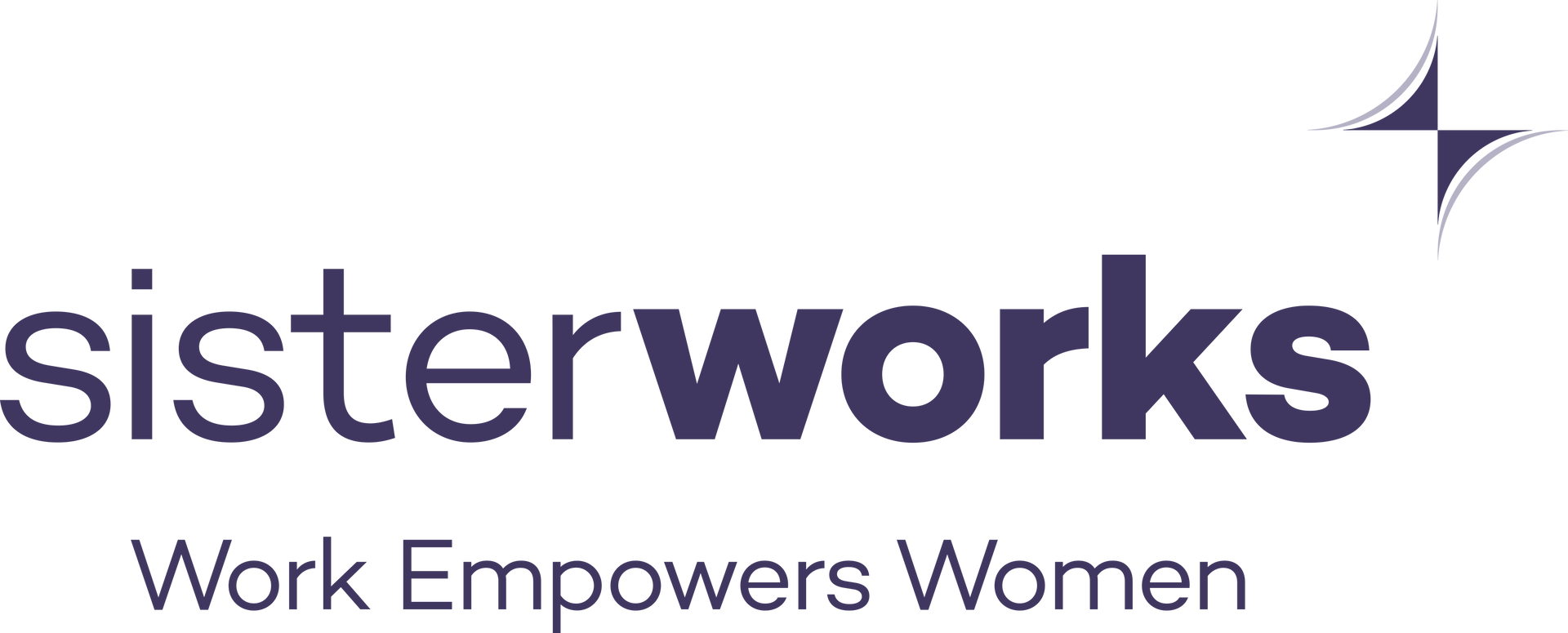LinkedIn for legal support staff
LinkedIn for legal support staff
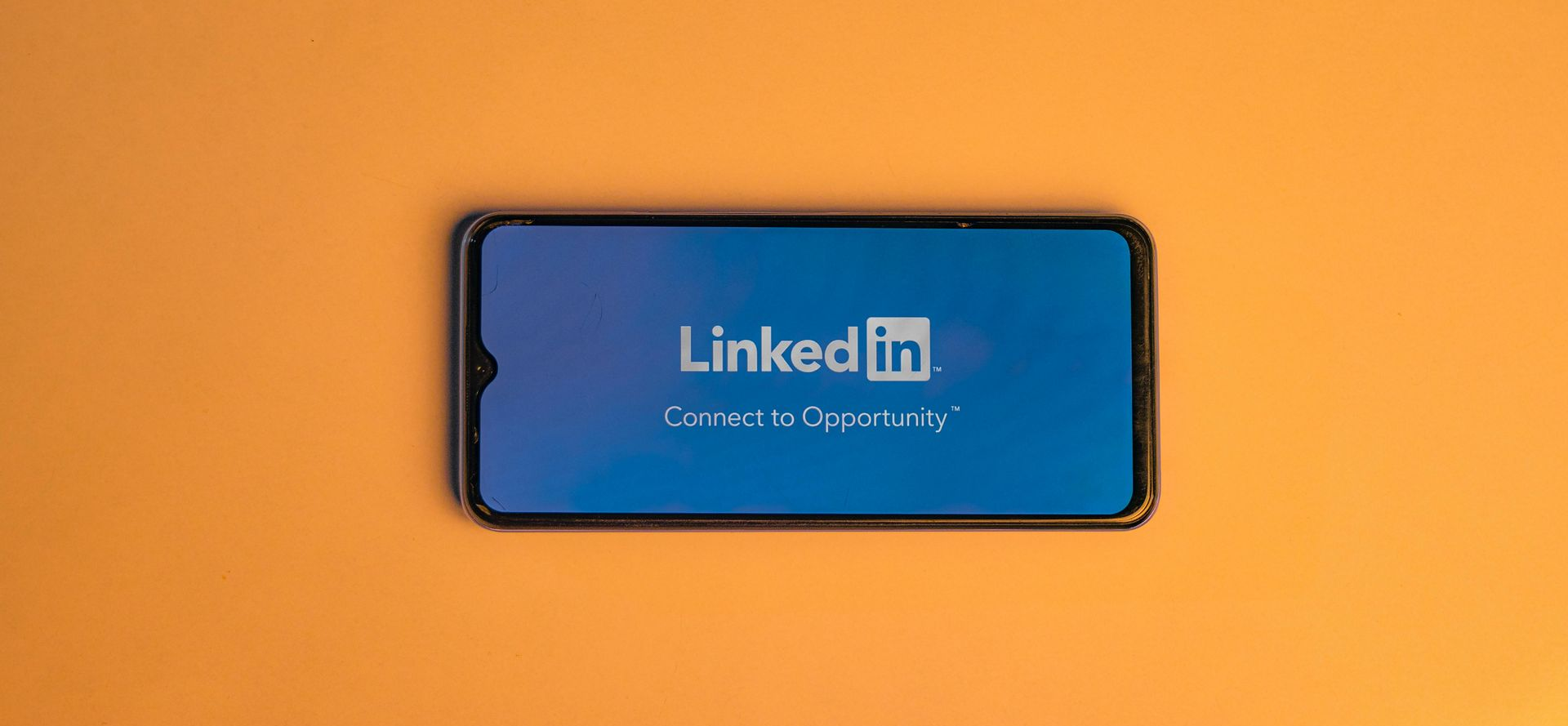
Having an impressive LinkedIn profile could now be considered an essential tool in your career kit bag. It is not just relevant for those seeking a new role, it is your personal brand presented online. You can use the LinkedIn tool to connect with colleagues, peers, bosses, clients, potential employers and to build your network.
Presenting the best version of yourself online has never been more important.
Have you ever tried Googling your name? What came up first? Your Facebook profile? Or your LinkedIn Profile? LinkedIn is very dominant in search results, so you will often find its results pop up first.
How do you go about making LinkedIn work for your Legal Support Career?
Whilst LinkedIn IS a social network, it is important to remember that it is a professional networking platform. It is not Facebook or Instagram and needs to be treated a little more formally than these more social channels.
These are the tips we have for making a good impression on LinkedIn.
1. Have a great photo
We recommend having a professional headshot in your LinkedIn profile. This helps demonstrate you take your career seriously. You should be dressed as you would be for work.
2. Have a well written profile
If writing in an engaging and professional manner is not your strength then it is possible to engage a professional to do this for you.
Your headline should include the problem you solve. Think outside your job title. For example are you a Legal Secretary with expertise in a particular field? You could say “Experienced Litigation Legal Secretary at ACMI Lawyers".
Your LinkedIn profile is more than a resume. It should include keywords and search phrases for which you want to be found. It should be engaging and scannable.
Use sub headings, paragraphs, and short sentences. This formatting makes it easier to read online and in particular from a mobile phone.
Once you have completed your Headline and Summary run a quick test. In LinkedIn run a search for your particular area of expertise. Do you come up in the search results? Have you used this key word in your summary and experience?
So I have a profile, what’s next?
3. Network
Network with colleagues
LinkedIn is a great platform to build professional relationships with existing and former colleagues. Ensure when you send a connection request it includes a personally written invitation.
Network with potential employers
On LinkedIn you can follow Employers you have worked for or those that you have an interest in. This will help you see job advertisements and general news from their organisation.
It will also help LinkedIn know your preferences and LinkedIn will suggest more relevant roles that you might be interested in.
Network with clients
If you have a client facing role, it might be appropriate for you to connect with clients online. This keeps you connected and enables you to engage on their status updates and milestones. It can also be a handy way to remember a name!
4. Build your authority online
Join Groups
Join Groups on LinkedIn that relate to your area of specialisation. This can help you connect with peers, and stay on top of trends and current areas of concern. Join groups that relate to your Alumni or even professional associations.
To join a group, search for a topic on LinkedIn and then filter to Groups. LinkedIn will recommend some that may suit you. Join in discussions that are relevant to your interests.
Endorsements
Get endorsed for your skills. Ensure that you have your most relevant skills listed. You may find that if you take the time to endorse your colleagues and peers that they take the time to endorse you back.
Recommendations
Ask colleagues and managers from previous roles for recommendations. These are just as powerful as referees on your resume.
5. Search for a Job
Using LinkedIn you can research target companies that you want to work for. Follow their company page and keep up to date with their news.
You can also keep an eye on a company’s available role by clicking on “see jobs” on their company page.
Our other tips
Always ensure your LinkedIn profile is connected to a personal e-mail address. This is to ensure that you do not lose control of your profile if you change firms.
Make sure you keep your profile up to date and relevant. Remember to update when you take on a new role or complete a significant project.
Used well, LinkedIn will help build your personal brand. It provides a forum to make a great impression online. This can help you build your network and when the time is right, it can help land your next role. If you leverage the power of LinkedIn effectively, it will help you build your Legal support Career.
Are you looking for a new role in the Legal Industry in Melbourne? Then get in touch with us here at Legal People. We are specialists in the Legal Industry and recruit Lawyers, Support staff and HR professionals. If you enjoyed reading this article, you can follow our Company Page on LinkedIn for regular updates.
